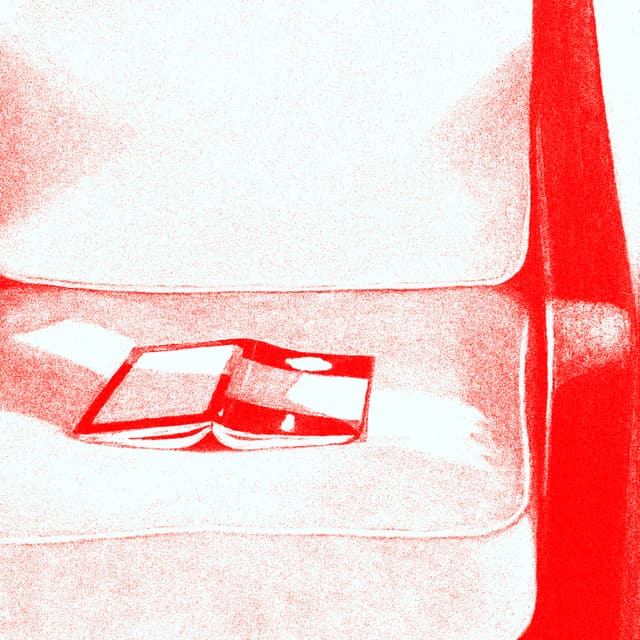
art & Literature

We live in a world that feels like it’s holding its breath—where wealth and opportunity teeter on a razor’s edge, and the gap between the haves and have-nots widens into a chasm. Social inequality isn’t just a buzzword; it’s the underpinning of every fractured system, every protest, every movement demanding more. And yet, how do we confront something so embedded in our collective reality?
18 December 2024
Inequality doesn’t just exist in the obvious—the billionaires racing to colonize Mars while entire communities are left without clean water. It’s in the subtle structures: schools without funding, algorithms that discriminate, and healthcare that feels like a luxury. From underpaid essential workers to marginalized communities excluded from political decision-making, inequality infiltrates everything. It’s about time we stopped pretending it’s not personal.
Even social mobility, the supposed antidote to inequality, has become a broken promise. A report by the World Inequality Lab highlights that wealth and opportunity are becoming increasingly concentrated, making it harder for young people to climb the economic ladder. Gen Z knows this—and they’re not staying silent about it.

From grassroots collectives to Instagram storytellers, activism is evolving. It’s messy, unapologetic, and deeply intersectional. Black Lives Matter, Indigenous resistance movements, and global climate strikes have all underscored one truth: fighting inequality is not optional. It’s survival.
Gen Z’s approach to activism is rooted in community and creativity. They’re harnessing the power of digital platforms to amplify marginalized voices, educate their peers, and organize protests on a global scale. Movements like #StopAsianHate and the resurgence of feminist activism in countries like Iran prove that Gen Z isn’t afraid to challenge entrenched systems. Their activism goes beyond performative gestures; it’s about rewriting the narrative and holding power to account.
The digital age is both a lifeline and a landmine. TikTok trends expose injustices, but Big Tech profits from the same systems activists are fighting against. Algorithms reinforce biases, and data collection disproportionately impacts vulnerable populations. The digital divide—where access to technology is still a privilege, not a right—leaves marginalized voices behind, creating an uneven playing field in the fight for justice.
However, Gen Z is using technology to subvert these barriers. They’ve built virtual safe spaces, designed educational content that goes viral, and crowdfunded mutual aid initiatives. But as they do so, they’re also questioning who controls these platforms and demanding accountability from tech giants who profit off exploitation.
Breaking the cycle means dismantling comfort zones. Redistribution of wealth, radical education reform, and equitable healthcare aren’t impossible—they’re necessary. Addressing climate injustice, dismantling systemic racism, and ensuring LGBTQ+ rights are central to achieving real equality.
But this isn’t just about governments or corporations; it’s about what we’re willing to demand, disrupt, and dream for. It’s about using privilege as a platform and staying relentlessly curious about how we can create fairer systems. Gen Z’s fight for radical futures reminds us that change doesn’t come from comfort—it comes from questioning everything. So, what are you doing with your platform? If you’re not confronting inequality, then what are you doing at all?
«The Digital Divide and Its Impact on Marginalized Communities» (Journal of Social Justice Studies)«Intergenerational Inequality: Breaking the Wealth Cycle» (World Inequality Lab Report)«How Social Media Activism is Redefining Political Movements» (Digital Culture Quarterly)

art & Literature

Sociology & social issues

culture & identity

human behaviour

art & Literature

culture & Identity